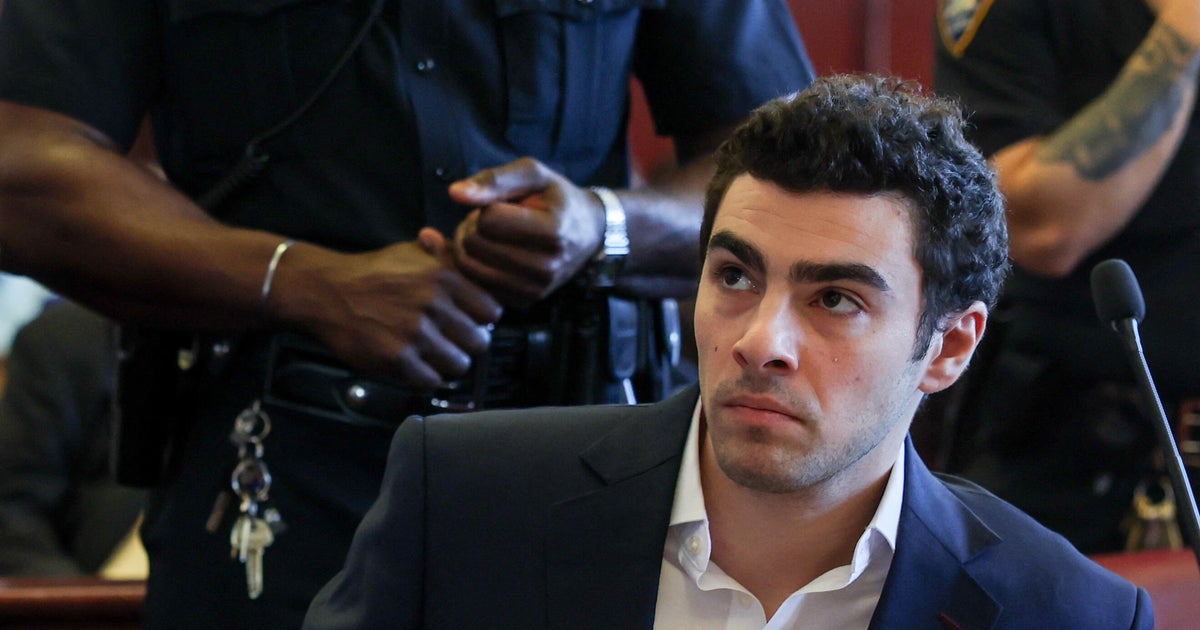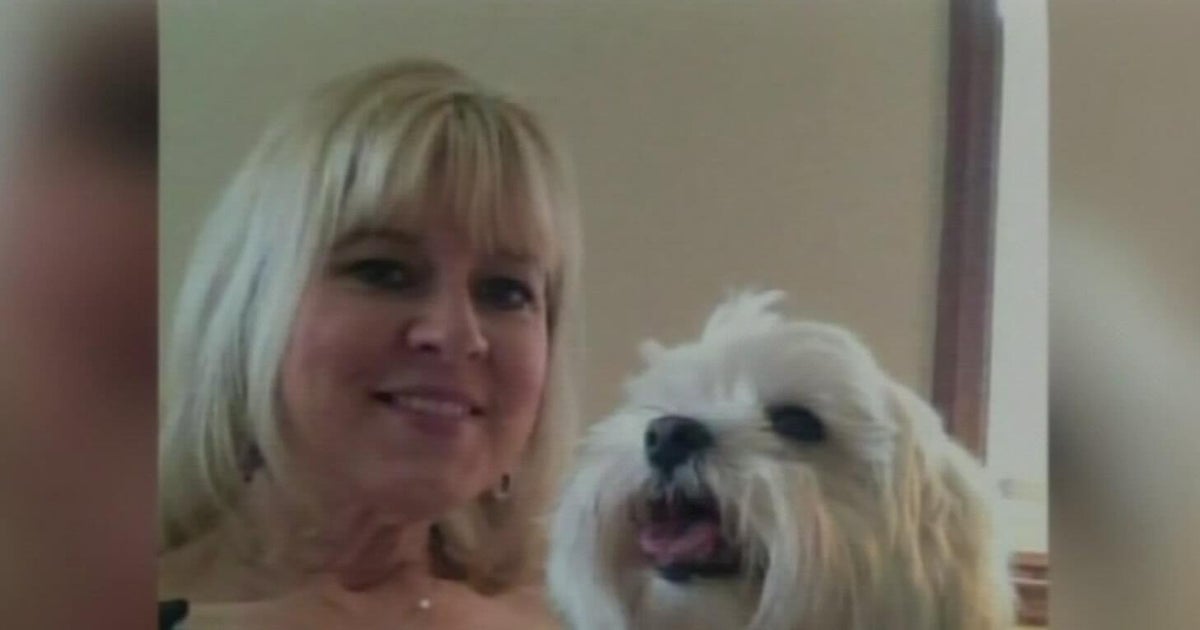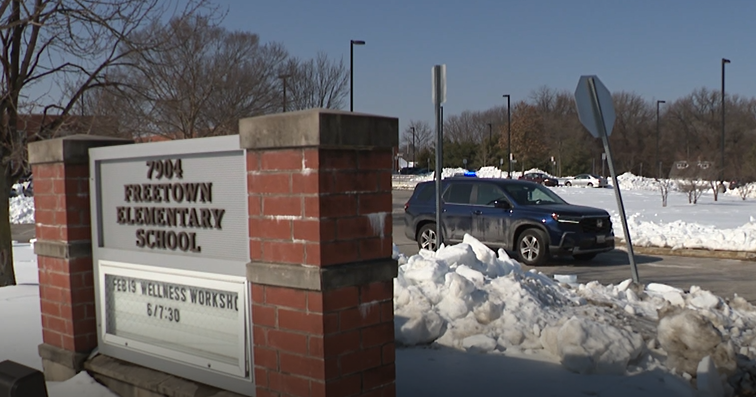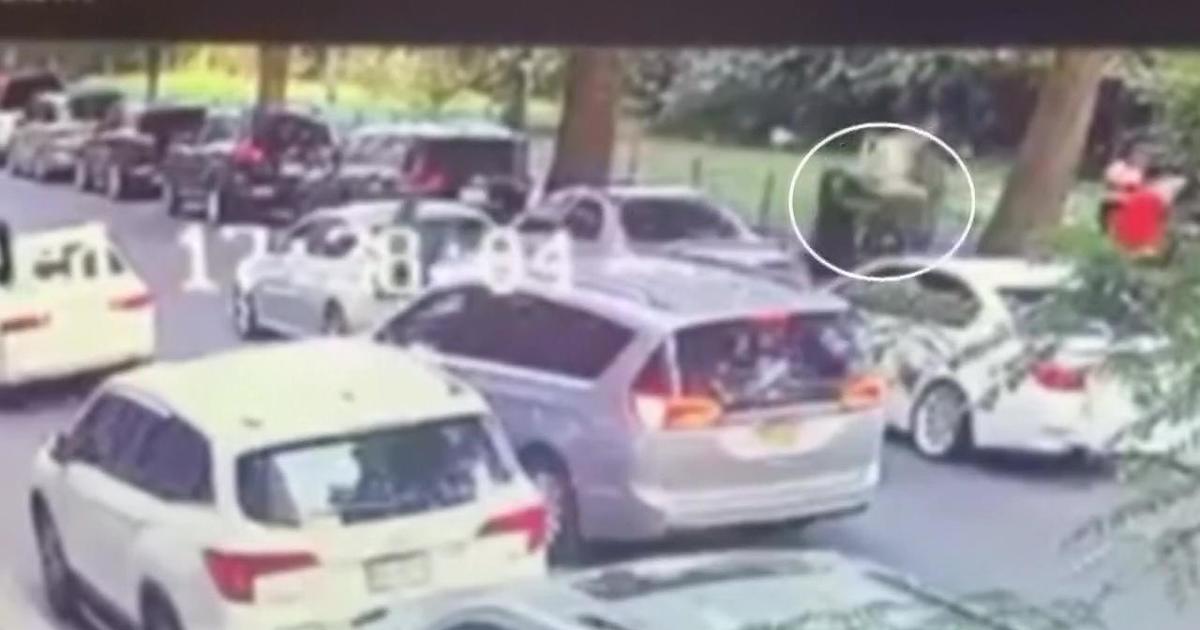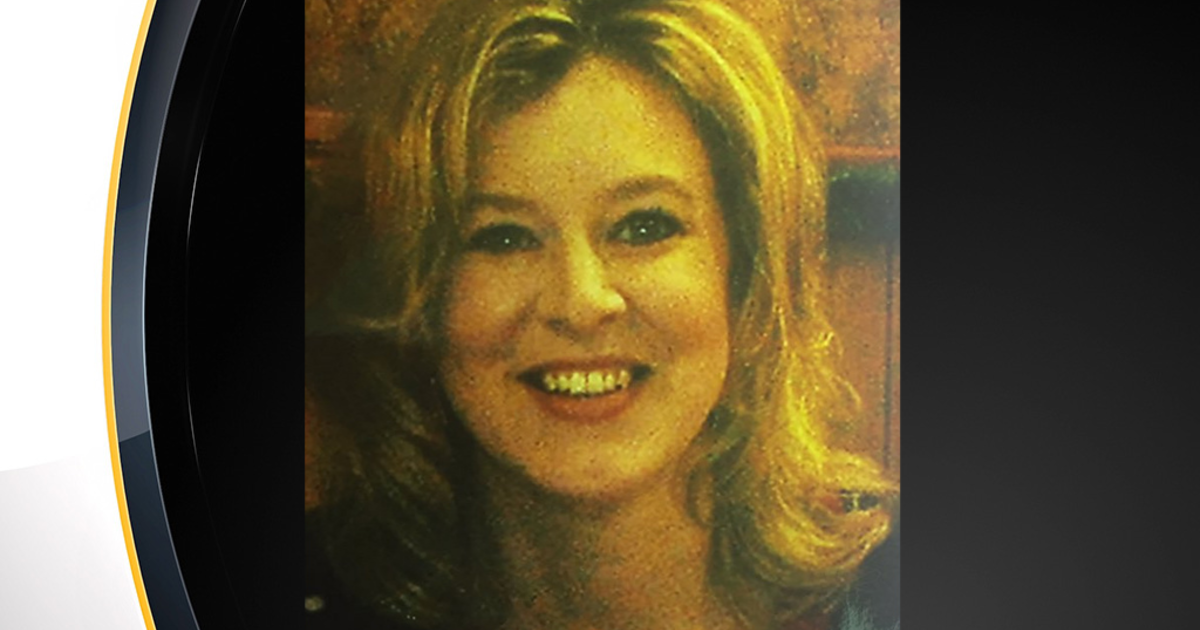Jury Deliberations Begin In Robocall Trial
BALTIMORE (WJZ)—It's the phone call heard by thousands, sparking an Election Night controversy in the race for governor. Now 12 jurors are locked in a room trying to make a decision in the second robocall trial.
Derek Valcourt has the final arguments from both sides.
The jury is deliberating on the four criminal charges against Henson.
Prosecutors are trying to convince a jury that the robocall breaks the law and flies in the face of a fair election. Defense attorneys are making their case to jurors, saying Henson was simply doing what his client wanted.
With just hours left to vote on Election Night in the 2010 rematch between Democrat Gov. Martin O'Malley and Republican former Gov. Bob Ehrlich, 112,000 Democrats in predominately African-American Baltimore City and Prince George's County received a robocall sent by Henson, Ehrlich's political consultant.
The robocall said: "I'm calling to let everyone know that Governor O'Malley and President Obama have been successful. . . . We're OK. Relax. Everything is fine. The only thing left is to watch it on TV tonight."
"This type of behavior is more than just a dirty trick or politics as usual," said the state prosecutor.
He says that robocall is election fraud, an illegal attempt by Henson and Ehrlich campaign manager Paul Schurick to help Ehrlich win by suppressing the African-American vote.
In Wednesday's closing arguments, the state prosecutor said Henson "went way too far and he broke the law... The right to vote is sacred." And the defense called the prosecution's case "a bunch of honky... bull crap."
A separate jury already found Schurick guilty. Henson is hoping for a better outcome.
"The call was just meant to get people to go vote," Henson said.
Henson says the robocall was reverse psychology. But in closing arguments Wednesday morning, the state prosecutor said that claim "may have been all (Henson) could come up with, but it's a ridiculous statement."
Henson believes the call is protected by the First Amendment. He also says he was doing what his client wanted when he left out the legally required authority line, saying that the robocall was paid for by the Ehrlich campaign.
Henson faces a possible punishment of up to 12 years in prison. Schurick served one month of home detention for the same charges.
